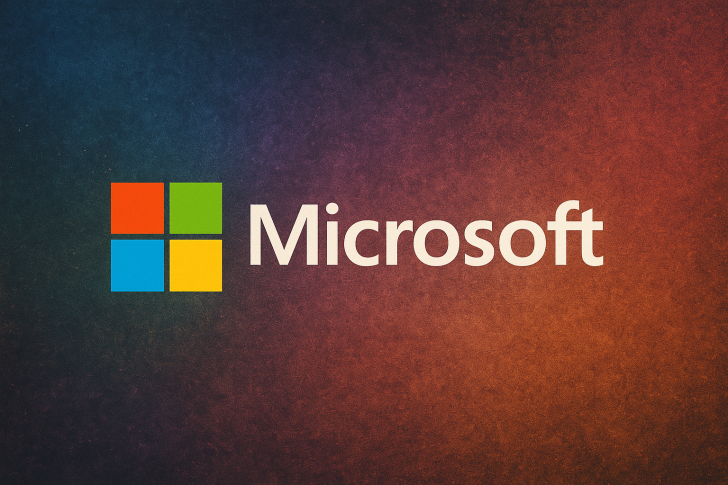The global AI race just hit a new milestone. Microsoft has secured approval from the U.S. Department of Commerce to ship advanced Nvidia GPUs to the United Arab Emirates—making it the first American tech giant to get the green light for such exports to the Middle East. Announced by Microsoft President Brad Smith during an Abu Dhabi event, the move comes with a massive $7.9 billion commitment to build AI-powered data centers across the UAE over the next four years. It's a bold play that reshapes both regional tech infrastructure and the geopolitics of artificial intelligence.
What This Means
In a recent tweet, Andrew Curran, Microsoft received the export license back in September, clearing the way to deliver tens of thousands of Nvidia GPUs—including A100s, H100s, and future models—to power AI workloads across the Middle East, Africa, and South Asia.
The investment is part of a broader $15.2 billion plan running through 2029 and will deliver:
- Regional AI dominance – Strengthening Microsoft Azure's foothold in emerging markets
- Localized AI deployment – Enabling governments and businesses to run large language models in-region
- Smart infrastructure – Supporting AI-driven projects in energy, healthcare, and smart cities
The UAE now becomes the first Middle Eastern nation with licensed access to cutting-edge U.S. AI hardware—a significant shift from previous export restrictions that kept such technology locked down to close Western allies.
Why It Matters
This isn't just about chips—it's about strategy. By granting this license, Washington is signaling a new approach: "conditional trust frameworks" where aligned nations can access advanced tech under strict compliance rules. The move counters China's rapid AI expansion while turning data centers into diplomatic leverage. As one analyst put it, "Compute power is now as strategic as energy. AI infrastructure has become the next frontier of soft power."
Still, there are risks. Microsoft must meet tight export-control and cybersecurity standards. Heavy dependence on U.S. tech could stifle local innovation if the UAE doesn't invest in homegrown R&D. And other nations might see this partnership as preferential treatment, fueling tech rivalry.
For now, though, the message is clear: the AI infrastructure race is global—and the U.S. just placed a major bet on the Middle East.
 Saad Ullah
Saad Ullah

 Saad Ullah
Saad Ullah


